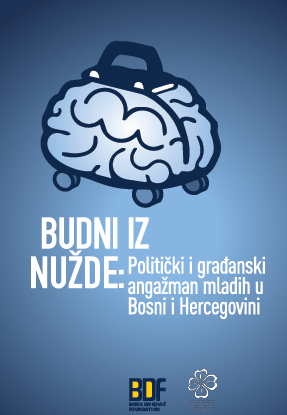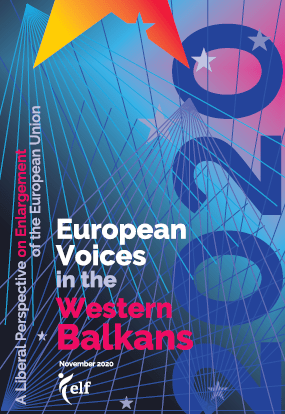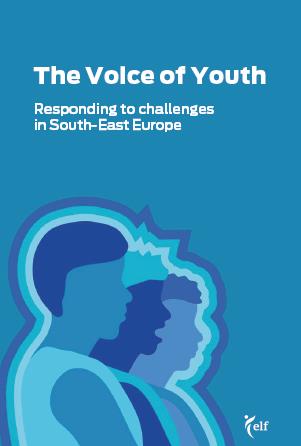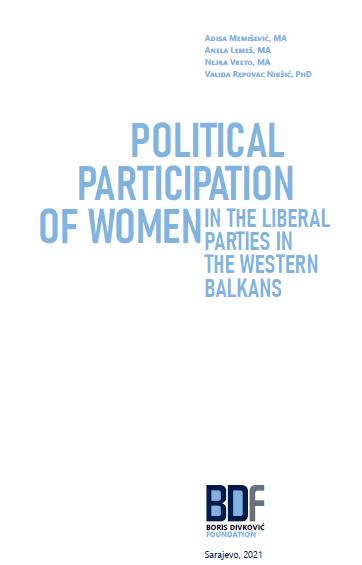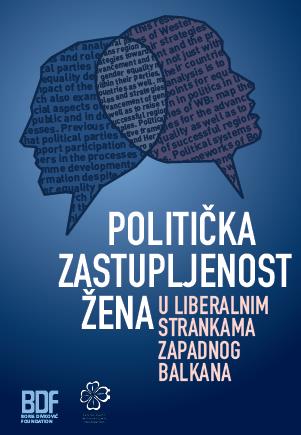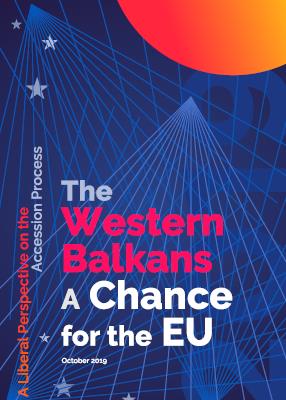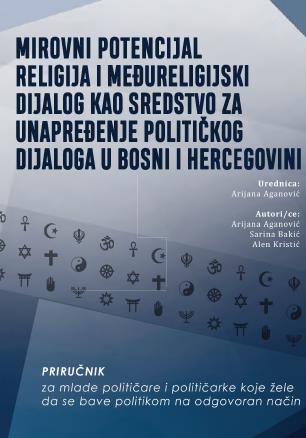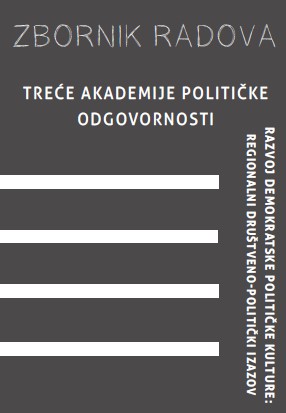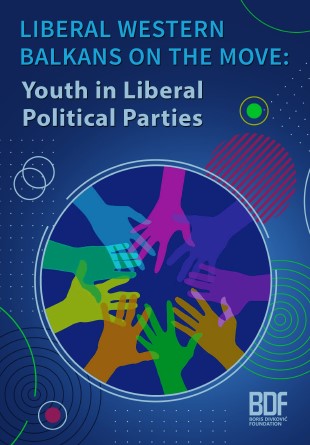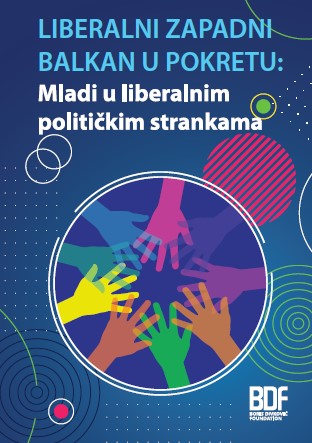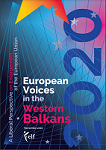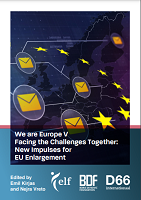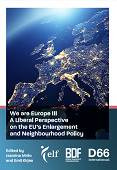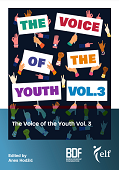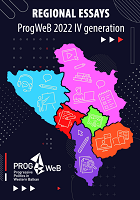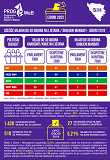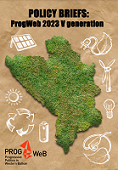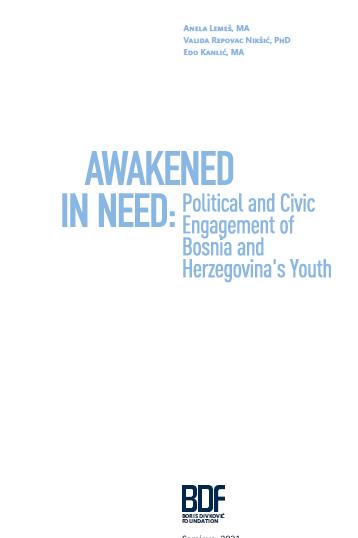
Awakened in Need: Political and Civic Engagement of Bosnia and Herzegovina’s Youth
Awakened in Need: Political and Civic Engagement of Bosnia and Herzegovina’s Youth
Keywords: Activism; apathy; politics; protests; youth;
The main motivation for this study was the alarming and increasing pace of youth leaving Bosnia and Herzegovina. This study attempts to map the main impediments to youth activism, identified as a fulcrum for improving youth’s outlook for opting to stay in Bosnia and Herzegovina. Numerous previous studies have identified unemployment and lack of opportunities as the key push factors for the massive levels of youth migration. During research it was noted that previous studies and analyses of youth engagement and activism are extensive but mostly quantitative, focusing on large pools of different identities in which the individual experience easily gets lost. For that reason, this study focuses on qualitative analysis, discussing general topics with young people who consider themselves active in order to define the sources of their motivation. The study clearly identifies that the formal systems of education are not preparing youth for active civic and political life, and that civil society organizations are trying to compensate for their shortcomings and inadequacies.
More...
